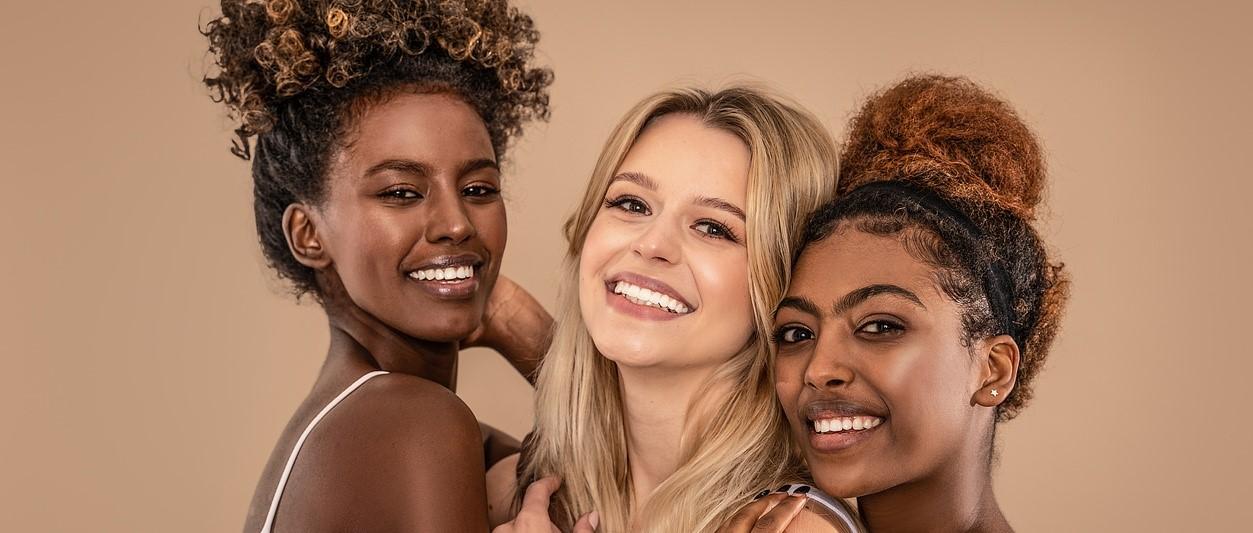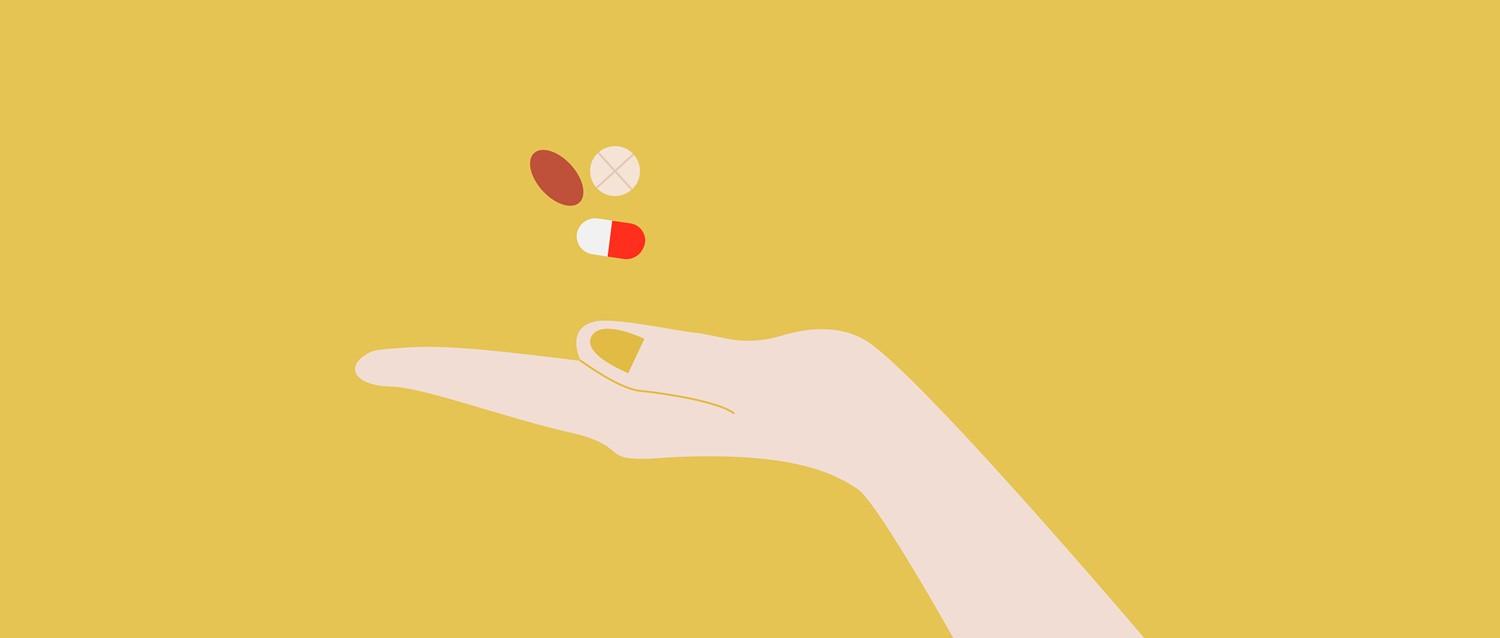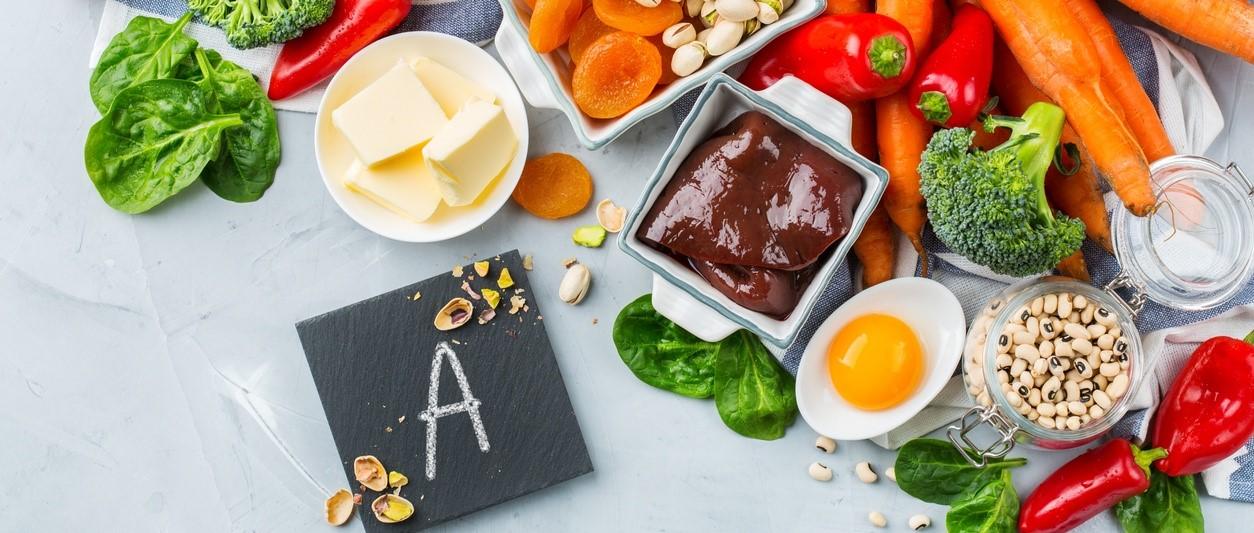
Do probiotics promote healthy hair?
Peer reviewed by Dr Krishna Vakharia, MRCGPAuthored by Amberley DavisOriginally published 6 Dec 2023
Meets Patient’s editorial guidelines
- DownloadDownload
- Share
- Language
- Discussion
When you think of healthy hair, you probably think of conditioning treatments, heat damage protection, and many other things. You might not think of your gut - but the gut-hair connection is something that scientists are newly discovering.
Probiotics are good bacteria that help keep your gut happy. Does this also make them the key to fuller and healthier hair?
In this article:
Continue reading below
The gut-skin connection
Your gut has a big influence on your immune system and overall health. There's lots of evidence that a healthy gut can ward off many health problems, from digestive issues to poor moods and brain health. According to Dr Rekha Singh, dermatologist at Oliva Skin & Hair Clinic, there is also a connection between your gut, skin and hair - known as the gut-skin axis:
"The gut hosts trillions of bacteria, both good and bad, and this is known as the gut microbiome. When the balance between these two types of bacteria is disrupted, it can lead to various health issues, including hair problems like hair loss, dandruff and diseases related to scalp inflammation," she says.
Hair loss (alopecia areata) - an imbalance of gut bacteria can trigger inflammation in hair follicles, and research suggests this is linked to hair loss1.
Scalp inflammation - as well as a gut microbiome we also have a scalp microbiome. An imbalance in bacteria here may also contribute to inflammation, as well as related scalp diseases2.
Dandruff (seborrhoeic dermatitis) - is one inflammatory scalp-related problem. People with dandruff often have an excess of certain yeasts on their scalp3.
Probiotics for healthy hair
This is where probiotics come into play. Probiotics are live microorganisms, also known as good (or beneficial) bacteria, that we can consume to improve the balance of good and bad (unbeneficial) bacteria in the gut. You can get probiotics from:
Fermented foods: for example, natural yoghurt, kefir, kombucha, kimchi and sauerkraut.
Probiotic dietary supplements: also exist in the form of capsules, powders, or liquids. Find out how to shop for the best quality ones in our latest feature, What are probiotics?
"I'm often asked for advice on hair growth and supplements that claim to promote healthy, fuller or longer hair. Probiotics has got a lot of attention in recent years," says Dr Singh.
However, whether probiotics for hair are worth this attention is another matter.
How do probiotics for hair work?
The use of probiotics for promoting healthy hair is a relatively new concept, and the truth is there is limited evidence available. This said, some studies suggest that probiotics could be beneficial.
Dr Singh says: "some studies have shown that certain strains of probiotics can improve hair growth by reducing inflammation, balancing the gut microbiome, and increasing nutrient absorption."
However, many of these studies are of poor quality, and there's little to no evidence that probiotics can lead to fuller and thicker hair in people who don't have hair loss.
Other studies suggest that certain probiotics may help other conditions related to scalp inflammation, including dandruff4.
Continue reading below
Is there enough evidence?
It's early days for probiotics and hair. As promising as these small studies are, we simply don't know enough yet to say that probiotic supplements are worth spending your money on - especially if you aren't trying to deal with an existing hair-related problem.
"I always recommend my patients rely on evidence-based treatments rather than fads or marketing gimmicks," says Dr Singh. "Currently, there is not enough scientific evidence to support the use of probiotic supplements for hair growth. More research is needed before any conclusions can be drawn."
The skin specialist also points out that there are still many specifics we need to understand, including:
The ideal strain and dosage of probiotics for hair health.
The effectiveness of probiotic supplements compared to probiotic food sources.
Whether probiotics can benefit people with specific hair conditions like hair loss or dandruff.
Whether they can benefit people with different hair types.
What do the experts recommend?
We may not know enough to make investing in supplements worthwhile, but Dr Singh believes probiotic foods are the way to go. It's all about thinking of healthy hair as a possible added benefit:
"For now, I do not recommend any specific probiotic supplements for hair growth. Instead, I advise my patients to focus on maintaining a healthy gut microbiome through a balanced and varied diet that includes fermented foods. This can benefit their overall health but may also have positive effects on their hair."
Remember, if you have a hair concern, speak to your GP or visit a dermatologist to get the best advice on how to treat and manage.
Continue reading below
Further reading
Patient picks for Vitamins and supplements

Diet and nutrition
How to get vitamin-ready for autumn and winter
Winter might be the last thing on your mind as you enjoy the ebbing rays of the sun but, make no mistake, those darker days with their accompanying coughs and sneezes are just around the corner. So, what can you do apart from stock up on tissues and Lemsip? Read on for your step-by-step plan to getting 'vitamin-ready' for winter.
by Dr Carrie Ruxton, PhD, Child Nutrition

Diet and nutrition
What are the benefits of vitamin A?
Our bodies need certain nutrients to perform day-to-day functions and without them you may start to see some health problems. One of those nutrients is vitamin A. What are the vitamin A benefits, where does it come from, and do you need to take supplements to get the right amount?
by Andrea Downey
Continue reading below
Article history
The information on this page is peer reviewed by qualified clinicians.
6 Dec 2023 | Originally published
Authored by:
Amberley DavisPeer reviewed by
Dr Krishna Vakharia, MRCGP

Ask, share, connect.
Browse discussions, ask questions, and share experiences across hundreds of health topics.

Feeling unwell?
Assess your symptoms online for free
Sign up to the Patient newsletter
Your weekly dose of clear, trustworthy health advice - written to help you feel informed, confident and in control.
By subscribing you accept our Privacy Policy. You can unsubscribe at any time. We never sell your data.